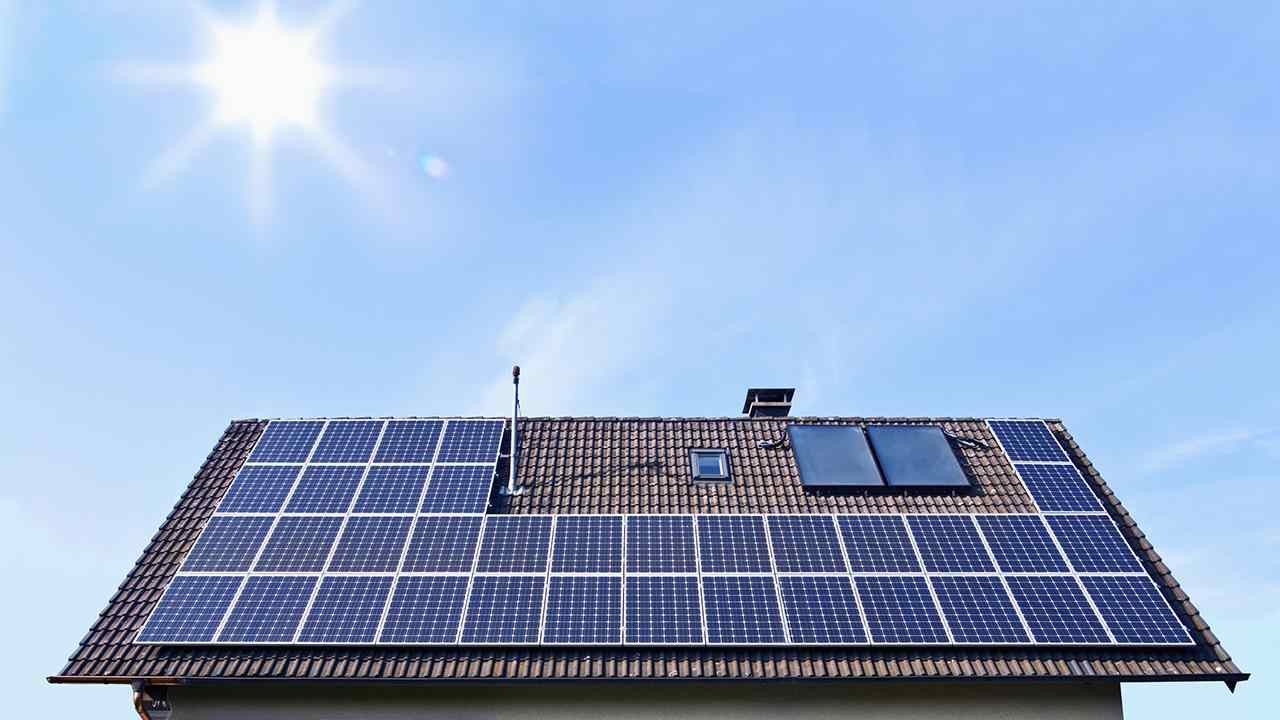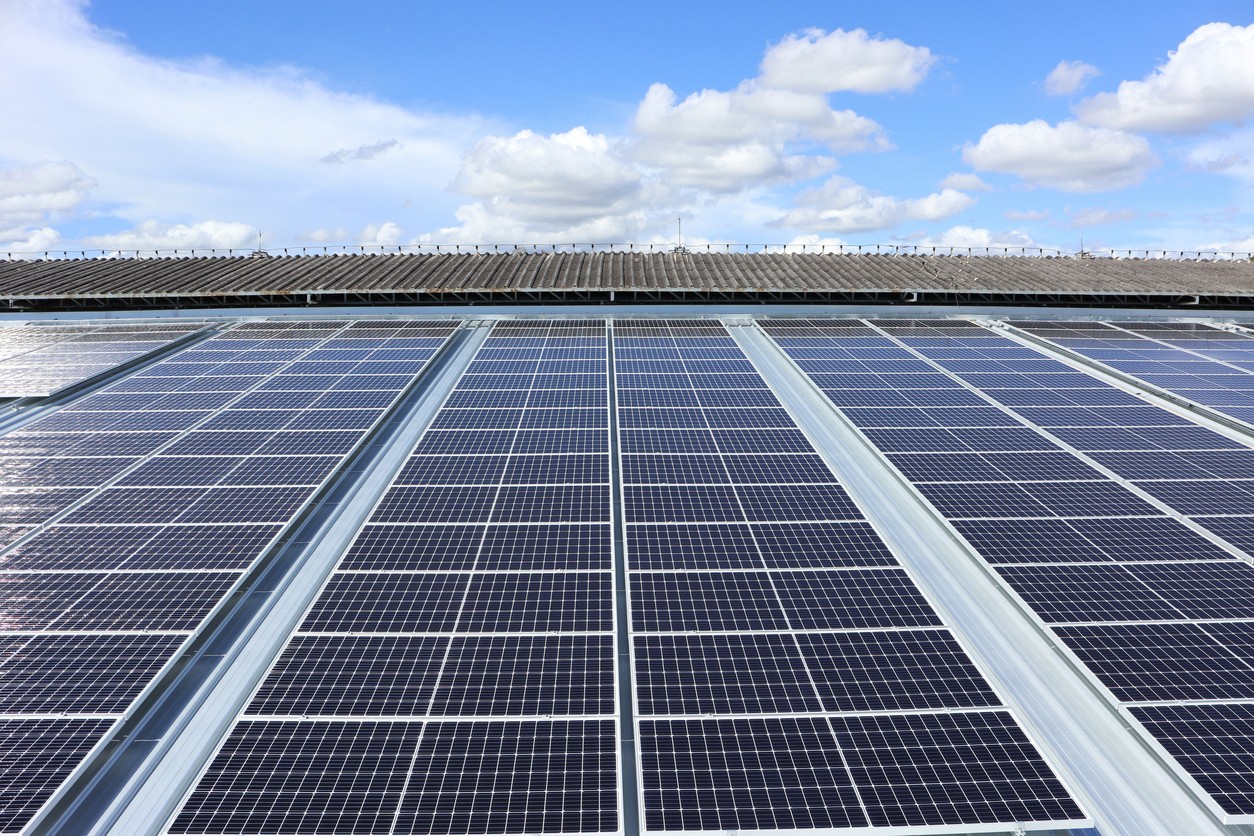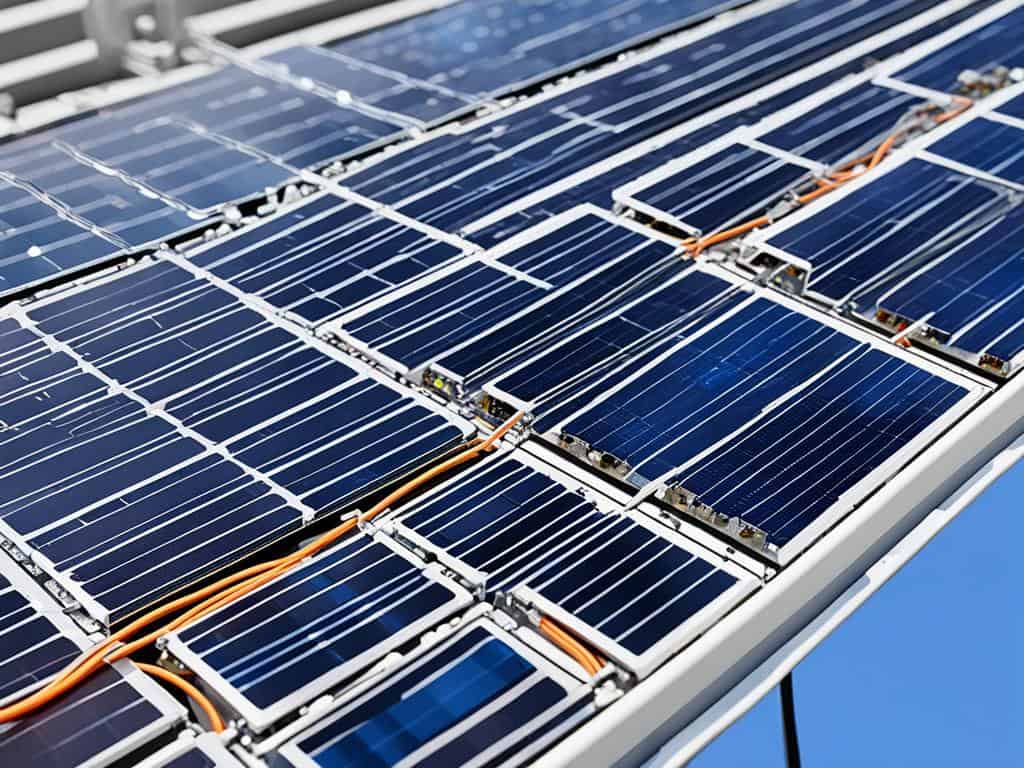Businesses are increasingly adopting solar energy as a sustainable, cost-efficient solution to meet their energy needs. Modular solar panels, in particular, offer distinct advantages by allowing businesses to adapt their energy systems to various operational requirements. This article delves deeper into these benefits, focusing on photovoltaic (PV) cells, AC and DC power management, scalability, and how these panels offer quantifiable savings and operational improvements.
1. Increased Efficiency with Photovoltaic (PV) Cells
At the core of solar energy generation sits the photovoltaic cell, directly related to how much energy a solar panel can produce. The modern designs of various modular solar panels boast high-efficiency rates of 18-22% with monocrystalline photovoltaic cells. The increased efficiency allows for more electricity generation from sunlight, thus providing tangible financial benefits for businesses.
A medium-sized manufacturing plant requires a peak energy usage of 500 kWh daily and can install a modular solar system generating 200 kWh per day, which reduces its energy costs by up to 40%. In peak sunlight states, such as California, a company with a 1 MW solar system would average 1,650 kWh/day, saving the business approximately $231/day based upon an average energy cost of $0.14/kWh. It all tallies up to saving $84,315 a year, hence the percentage efficiency of the PV cells becomes one of the most important aspects for businesses needing a high amount of energy.
Better panel efficiency also opens the door for businesses to use less roof or ground space to meet their energy demand. This might mean a retail chain with only a little roof space could use 20% fewer panels, relative to those older models, to produce that same energy-a difference that might enable a company to integrate solar without giving up precious real estate.
2. Flexibility in Managing AC and DC Power
Modularity allows the solar system to connect directly either with an AC or a DC power infrastructure, depending on the exact energy needs of the business. Most businesses of today operate both types: DC power through data centers, electric vehicles, and battery storage systems; AC power for lighting, HVAC, and most industrial machinery.
Picture a logistic company operating a fleet of electric delivery trucks with charging requirements of 400 V DC. The bottom line is that one can do away with the need for inverters by installing a modular solar system with direct DC output, thereby increasing the efficiencies of such systems by as much as 15%. For a fleet using 120,000 kWh per year, this would be the equivalent of saving 18,000 kWh of energy every year, or a value of $2,520, at the assumption of energy costs at $0.14/kWh. This also eliminates the conversion loss from DC to AC and the subsequent conversion back to DC for the vehicle chargers.
On the other hand, businesses operating mainly on AC-powered machinery can utilize modular solar installations that are configured to easily work with inverters that, in turn, convert DC power generated from a solar panel into usable AC energy with efficiencies of more than 98%. For a supermarket chain with acute needs of refrigeration and lighting, for example, the modular system works in the best way, supplying the equipment with AC energy directly. This reduces the dependence on grid energy by 30-40% or savings of approximately $50,000 annually for a mid-sized supermarket.
3. Scalability and Customization for Expanding Energy Needs
The features of modular solar panels mean this is a scaled system, so companies can easily start off with a small system and scale it up when the company grows. This allows companies to change their operations with ease, especially those rapidly growing or that have fluctuating energy demands like data centers, factories, or retail chains.
Imagine that a small technology startup begins with a small installation of 30 kW against its daily energy requirement of 80 kWh. With the growing company and scaling into new facilities, daily energy use could well grow to as much as 500 kWh per day. In this regard, the modular solar system can easily expand by adding additional panels without disrupting the current setup. Assuming that the company adds 200 kW over five years, scalability will save them an estimated $10,000 in installation and integration costs that would be incurred with a non-modular setup.
Besides, businesses with multiple locations can install the same type of modular system in every location and have each location adjust its energy capacity independently according to localized needs. For example, a retail chain operating 10 locations, each with different energy outputs due to store size, can easily adjust the number of panels installed at each location for optimal energy production and cost.
4. Improved Reliability and Reduced Downtime
Other benefits arise in the reduction of downtime, one of the most important concerns for any business that requires a constant energy supply. Unlike traditional solar systems, which go completely down upon failure in any part of the system, these operate individually, and hence, in the event of failure of one panel or module, others remain in operation.
This would mean that for a manufacturing plant that operates 24/7, with a grid dependence that is reduced by solar energy, a modular 500-kW system implies that the failure of one module of 5 kW would mean that the facility would lose 1% of its solar output. Assuming a $500 operational loss per hour of downtime, this small failure would only cost $120 per day compared to the loss of all solar output from a centralized system, which in that same timeframe could reach as much as $12,000 in lost production for the facility. These advantages in operational reliability will save businesses tens of thousands of dollars over a year in avoided downtime.
5. Cost-Effective Maintenance and Upgrades
Equally impressive is the fact that solar panels are designed in modules, saving thousands in long-term maintenance and upgrades. Because the original solar systems are wired together, locating a bad part to repair or replace, sometimes with the shutdown of large parts of the system, can become extremely time-consuming and costly. However, the very same faulty modules in modular systems can easily be isolated, tested, and replaced without affecting the rest of the installation.
For example, a large corporate office building with a 1-megawatt solar system could see an average annual maintenance cost of $20,000 for a traditional solar array. With the modular system, such costs would be 30% lower, saving $6,000 annually when diagnosis is easier and single modules can be repaired. Additionally, firms can upgrade part of the modules as new, more efficient solar technologies become available. Just upgrading 10% of the system to next-generation panels can improve the overall efficiency by 2-3%, which will further increase the energy savings without the upfront cost of upgrading an entire system.
In essence, the benefits businesses obtain from modular solar panels are enhanced efficiency, flexibility in AC/DC power options, scalability with the growth of the business energy demand, assurance of reliability in energy production and very minimal downtime, and ultimately lower maintenance costs. Many of these benefits are technical and translate correspondingly to quantifiable financial savings, making modular solar systems a strategic investment in any business looking to optimize energy use and cut down expenses.



